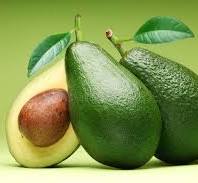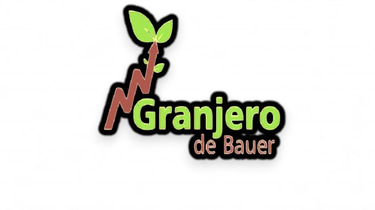Avocado Pear: From GRA Ikeja to ₦1,200 Per Fruit – A Personal Reflection
The Open secret values in Tree and the fruits they bear
Lawal Abdulrahman Temitope
12/7/20243 min lire


I still remember the avocado pear tree in our compound in GRA Ikeja, a towering giant that stood as a symbol of abundance and shade. My grandmother would pick hundreds of avocados from it every season, each one plump, creamy, and free. It was a part of our family’s rhythm – the harvesting, sharing with neighbors, and indulging in fresh avocados without a second thought. Back then, the tree was just “there,” a silent provider of nourishment, shade, and comfort.
Fast forward to today, and I find myself in a very different reality. I paid ₦1,200 for a single avocado fruit. As I handed over the money, memories of that abundant tree flooded back. It was a stark reminder of how much has changed—not just in my life, but in the economic and environmental landscape around us.
The Economics of Avocado Pear
Avocado trees are incredibly productive. A single mature tree can yield over 1,000 fruits in a season. At today’s market value, even conservatively pricing each fruit at ₦1,000, a tree could generate ₦1,000,000 per season. Multiply that by multiple seasons, and you have a natural goldmine.
But it’s not just about the money. The avocado tree in GRA Ikeja wasn’t just an economic asset; it was a source of health, community, and sustainability. It provided free fruit to all who visited, reducing the need to buy costly imported produce. It was a testament to the wealth that comes from nurturing the environment around us.
The Loss of More Than a Tree
When I revisited the old compound, I was heartbroken to see that the avocado tree had been cut down. It wasn’t just the loss of a tree—it was the loss of an ecosystem. That tree had provided shade to passersby, cooled the environment, and undoubtedly absorbed carbon dioxide from the busy GRA streets. Its felling was symbolic of a larger issue: our neglect of nature in favor of urban development and convenience.
Beyond Economics: The Environmental and Social Value
Trees, including avocado trees, are more than just fruit producers. They are environmental powerhouses. Here’s what we lose when we cut them down:
Shade and Cooling: Avocado trees create a microclimate, reducing the surrounding temperature and providing a respite from the sun.
Air Quality: They purify the air by absorbing pollutants and releasing oxygen.
Soil Health: Their roots prevent soil erosion and improve fertility.
Community Building: A fruiting tree often becomes a gathering spot, fostering community connections and shared experiences.
Can We Cultivate the Habit of Growing Trees Again?
The avocado tree in GRA was part of a culture of planting trees that we seem to have abandoned. Today, the focus has shifted to quick gains and immediate gratification. But the rising cost of fruits like avocado is a wake-up call. We need to return to the habit of planting trees—not just for their economic value, but for their long-term benefits to society and the environment.
Here are some steps we can take to revive this culture:
Promote Urban Tree Planting: Encourage individuals and communities to plant fruit trees in residential areas, schools, and public spaces.
Celebrate Trees: Organize tree-planting events and celebrate their benefits through education and awareness.
Policy Advocacy: Advocate for policies that protect existing trees and incentivize planting new ones.
Teach the Next Generation: Educate children about the value of trees and involve them in planting activities.
A Future Rooted in Sustainability
The story of the avocado tree in GRA Ikeja isn’t just about nostalgia; it’s a call to action. Trees are silent heroes that enrich our lives in countless ways, yet they often go unnoticed until they’re gone.
As I savor my ₦1,200 avocado, I wonder: What if every household planted just one avocado tree? What if we brought back the culture of nurturing trees for their fruits, shade, and legacy? The economics are clear, but the environmental and social gains are even greater.
Let’s commit to planting trees—not just for ourselves, but for future generations who deserve to experience the same abundance and shade that I once enjoyed under that magnificent avocado tree in GRA Ikeja.
